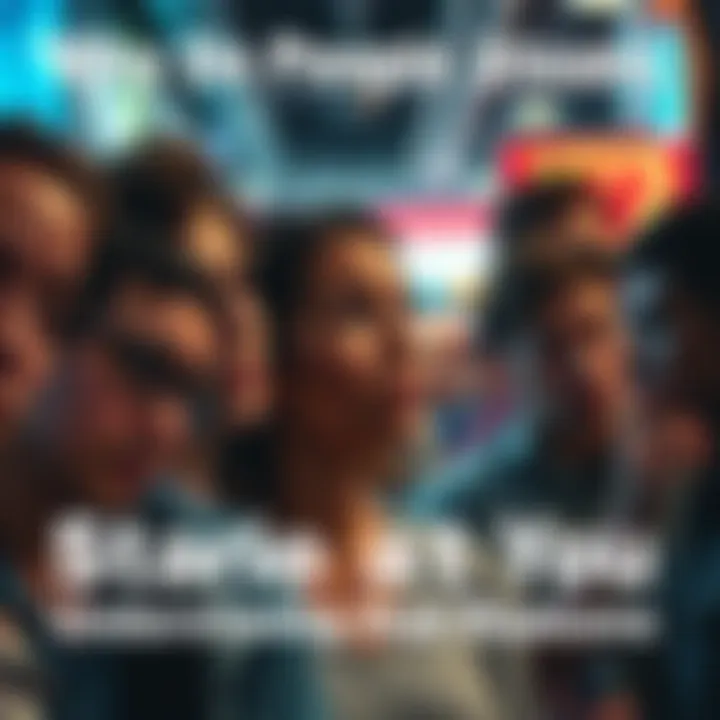Do People Constantly Feel Watched? | Insights on Staring Patterns
Edited By
David Hargrove

In a recent online discussion, individuals shared intriguing thoughts on the phenomenon of being stared at in public. Many reported feeling self-conscious, while others embraced the attention, sparking conversations about self-image and social behavior.
The Eye of the Beholder
A thread of comments revealed a mixed bag of sentiments around public scrutiny. Here are the key themes:
The Fame Factor
Many expressed mixed feelings about being stared at. One commenter noted, "All the damn time I swear I feel like I’m famous sometimes." This hints at a strange dynamic between public attention and personal confidence.
Staring as a Reflex
People reflected on the instinctive nature of staring. A common experience involved returning a gaze: "I stare back if it doesn’t feel curious, predatory." Such reactions explore how individuals interpret stares—not just as curiosity, but often as judgement or threat.
Fashion Statements
Clothing choices also play a huge role in attracting attention. A person described wearing "artsy clothes" and how it impacted their interactions. They recalled a time when their unique style made them an easy target for unsolicited criticism. "You’re not here to look like a rock star!" a manager commented, reinforcing societal norms around appearance.
"They stare because they feel your empath energy.” This commentary reflects how personal disposition can amplify visibility.
The Comfort Zone
Not all reactions are negative, though. Some people take a humorous approach to being stared at, with one person admitting, "I actually do this funny thing where I comically look right behind me." This playful confrontation adds a light-hearted touch to what could otherwise feel invasive.
Interestingly, feelings of comfort and discomfort regarding stares often coincide with personal experiences of self-doubt or confidence. One user remarked, "I tend to go negative, questioning if I look 'weird' or 'crazy.'" The intersection of self-perception and social dynamics presents a complex picture of human interaction.
Key Insights
👀 Attention is Common: Many individuals notice they're frequently watched, which can evoke mixed feelings of discomfort and curiosity.
🧥 Style Matters: Personal fashion choices can lead to increased visibility, affecting how people are perceived in public spaces.
😨 Reactions Vary: People often resort to staring back or adopting humorous tactics to navigate unwanted attention.
As this conversation shows, staring in public spaces is laden with personal meaning and cultural nuance. It's a reflection of not just how we see one another, but also how we understand ourselves in the eyes of others.
What Lies Ahead for Public Staring Trends?
Given the contemporary rise in individual expression through fashion and appearance, there’s a robust possibility that public scrutiny will become even more pronounced. Experts estimate around 70% of people feel watched in social settings, impacting their self-esteem and confidence. Moreover, as social media continues to shape perceptions, those who embrace unique styles might attract both admiration and criticism at higher rates. With this ongoing cultural exchange, the likelihood of individuals embracing their distinctiveness while navigating public stares will increase, contributing to a complex relationship between self-perception and societal expectations.
Reflecting on Peculiar Public Behaviors of History
In the 19th century, carnival performers often drew curious crowds who, much like today’s beholders of unique fashion, blended admiration with judgment. These performers mirrored the same themes we see in current public reactions—where curiosity can coexist with a sense of superiority. Just as the circus was a spectacle of individuality countered by societal norms, today's responses to eye-catching appearance can offer a reflection of humanity's struggle with acceptance and identity, showcasing that the gaze has always held a potent mix of fascination and scrutiny, igniting similar dialogues across generations.
